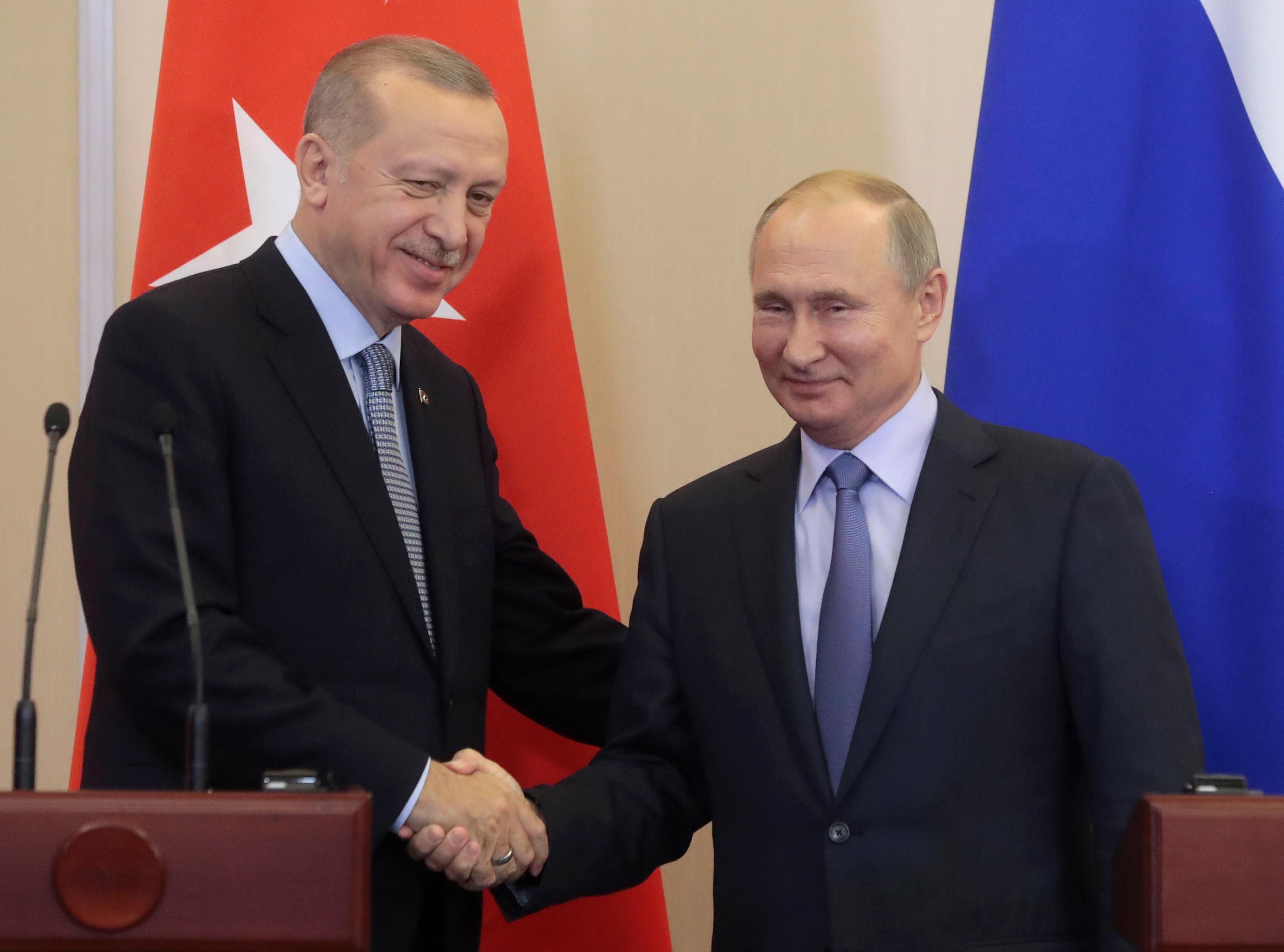Europe
December 15, 2020
US sanctions Turkey: The US has imposed sanctions against NATO ally Turkey over its deployment of a surface-to-air missile system purchased from Russia that US officials say is incompatible with NATO technology, and finances Russia's defense industry. In response, Turkey has warned that it will "retaliate in a manner and time it sees appropriate." In recent years, Turkish President Recep Erdoğan has often tried to improve relations with Vladimir Putin's government to protest what he sees as overbearing behavior from Europe and the United States. But his combative, sometimes abrasive, personal and political style has repeatedly run the risk of isolating Turkey and exposing its economy to a lot of foreign pressure.
Will the EU break up Big Tech? The European Union has unveiled two proposals to curb the power of US tech giants that do business within the union. Brussels, wary of how powerful these firms have become, plans to offer new legal protections to small app developers and to allow users to uninstall pre-loaded apps from their devices. If tech companies fail to comply, they would face fines of up to 10 percent of their annual global revenue. And if they breach the rules often enough, the EU could break up these companies as the US Congress has threatened to do over their monopolistic practices, use of private data, and failure to stem the flow of online misinformation. Though these EU proposals have not yet become law, they signal that European regulators are prepared to be much more aggressive than their American counterparts in coming years with firms like Apple, Google, Amazon, and Facebook.
China's dirty cotton: Chinese authorities have been accused of forcing more than half a million Uighur Muslims in the far-west region of Xinjiang to pick cotton that is then used in exported Chinese-made clothing. Uncovered Chinese documents corroborate satellite evidence that China runs large-scale internment camps in Xinjiang where up to a million Muslims have been imprisoned. (Beijing claims the camps are used for "vocational training.") But this new evidence will force many of China's commercial partners to choose between continuing to accept apparel possibly made from slave labor or boycott the products and brave China's economic retribution. In the United States, in particular, the use of minority slaves to pick cotton could hardly be more provocative.More For You
On Thursday, Ukraine’s energy minister said that the power grid suffered its most difficult day since Russia’s full-scale invasion in 2022.
Most Popular
Think you know what's going on around the world? Here's your chance to prove it.
South Korea's former prime minister Han Duck-soo arrives at Seoul Central District Court to receive a first-instance verdict on insurrection-related charges, in Seoul, South Korea on January 21, 2026.
Matrix Images/Jung Ui-chel
23: The years to which former South Korean Prime Minister Han Duck-soo was sentenced in jail over his role in helping former President Yoon Suk Yeol impose Martial law in late 2024.
© 2025 GZERO Media. All Rights Reserved | A Eurasia Group media company.
